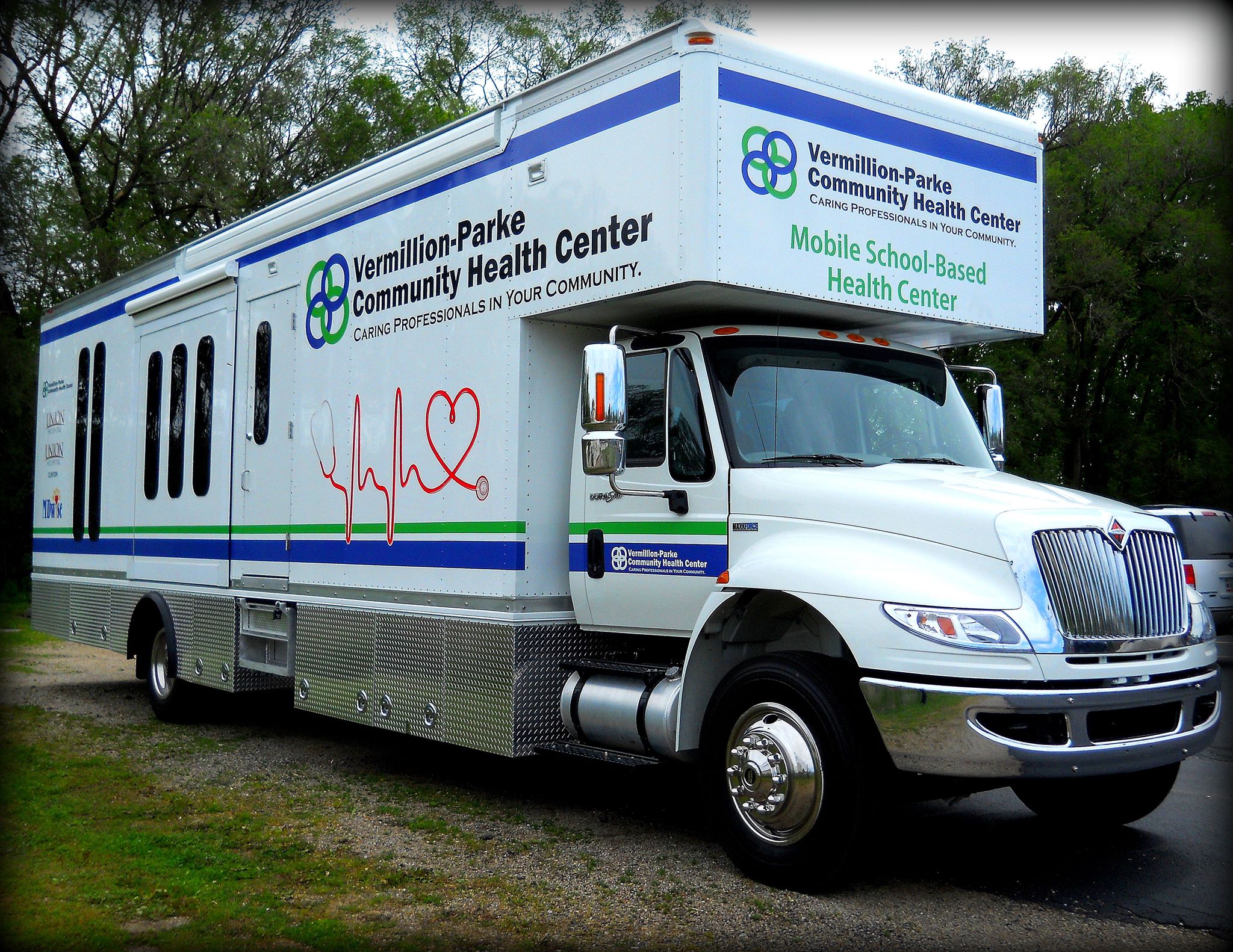Know the signs of abuse: As many as 1 out of 2 teenagers experience dating violence, so recognizing the signs of different types of abuse is a great place to start. If you are concerned about your teen experiencing any type of dating violence but are unsure how to even start to help them, try …
Tips for Talking to Your Teenager about Dating Violence
- Know the signs of abuse: As many as 1 out of 2 teenagers experience dating violence, so recognizing the signs of different types of abuse is a great place to start. If you are concerned about your teen experiencing any type of dating violence but are unsure how to even start to help them, try starting an easy-going conversation free of judgment about the signs you’ve noticed. Perhaps they are experiencing digital or technological abuse from a partner; you notice they are always on their phone with their partner, or their partner frequently looks through their phone. Try to approach the conversation using curiosity: “I noticed your phone has been going off a lot lately, aren’t you the popular one?” or “I noticed you haven’t been hanging out with your friends much, I miss hearing you all laughing and playing music. Is everything okay?” Most importantly, remember teenagers are more likely to talk to an adult when they do not feel pressured or at risk of being punished. Therefore, listen with an open mind and ask open-ended yet strategic questions.
- Give support: Validate, empathize, and create a space where they feel safe. Believe them, even if what they tell you is hard to hear. For example, if your teen tells you: “I feel like my partner wants to pressure me into doing things I don’t like or know if I am ready for,” you can respond by saying something like, “That sounds like a really challenging thing to go through. Feeling like your partner is forcing you or not respecting your boundaries can bring up all kinds of hard emotions. What happens when you try to talk to them about it?” Or, “I really love my partner, but they keep demanding I skip work. I’m worried I might be fired,” you can respond by saying, “It’s okay to communicate to them how that makes you feel. You have a right to space and responsibilities outside of your relationship and your partner should be supportive of your independence. Your feelings are valid.”
- Focus on behaviors: Remember, it is normal that youth may still have feelings of love, connection, and compassion for the person who is harming them. When your child feels comfortable enough to disclose concerning behaviors to you, the last thing you want to do is make them feel like it is their fault, or they are a bad person. Try saying: “The behaviors you are describing sound very unhealthy. It is not okay to be forced to do something you are not comfortable with. I am not saying they are a bad person but calling and texting you constantly is very concerning.”
- Prioritize safety: Recognize that leaving the relationship may not resolve the issue, especially if they go to the same school or are in the same extracurricular activities or social circles. Remind them that their safety is your number one priority by using empathy to state your concern but also allow them to decide what is best for them. If, however, your child states it is another adult in their life who has harmed them, or your child’s life is at risk, reach out to the proper authorities with your child.
- Find next steps: Help your child determine what they need to do next and empower them to make that decision. Remember, your teen is in a vulnerable place, so celebrate them for trusting you to help them through their situation. Consider the following questions as a guide to empowering your teen: “What do you feel comfortable doing next?” or “Do you fear your friends will judge you?” or “What can I do to support you?” or “Do you think changing classes would be helpful?”
If your teen is experiencing dating violence and is willing to seek professional help, our behavioral health therapists are ready to help. Call 1(844) 900-WELL for more information.
By: Kerstin Minton, LMHCA
Book a Consultation
It’s easy and free!






















